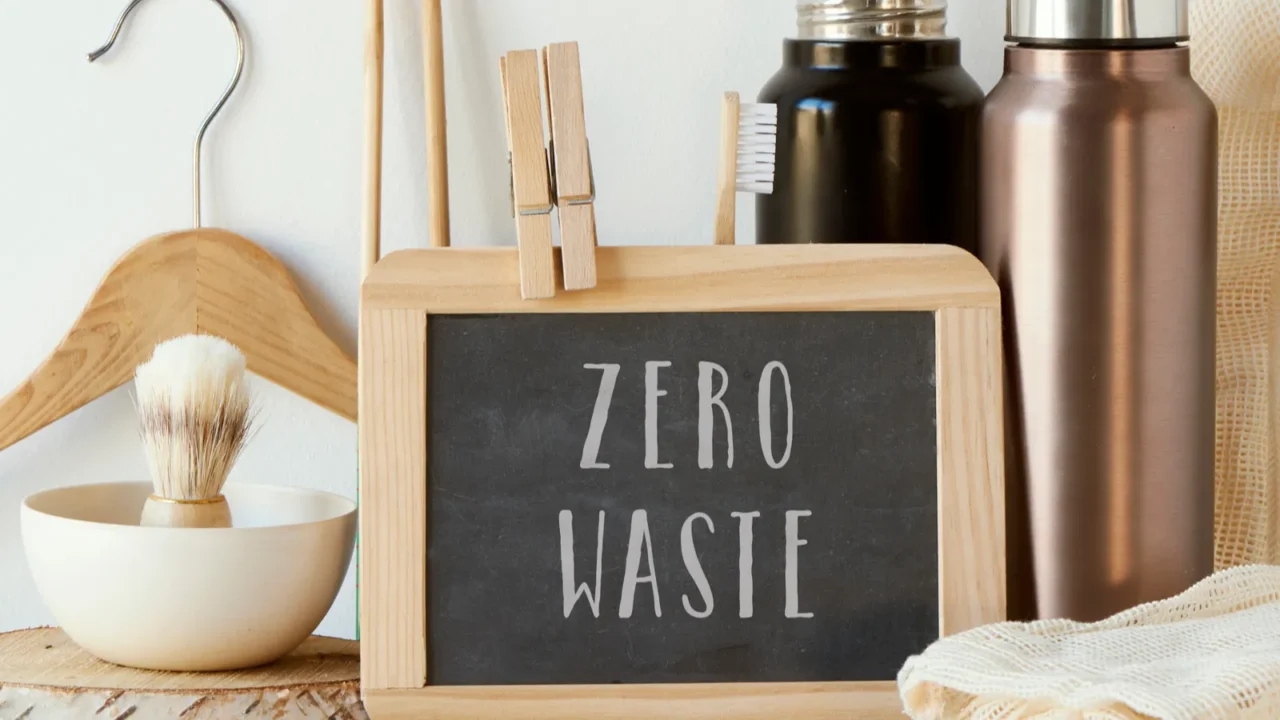
Start Your Zero-Waste Journey
Thinking of going zero-waste? Don’t stress, it’s all about progress, not perfection. Small swaps and mindful habits add up to big wins, such as less trash, more savings, and a lighter footprint.
Plus, you’ll find yourself living simpler, healthier, and more intentionally. Ready to make your home and the world a little greener? Here are some changes to make.
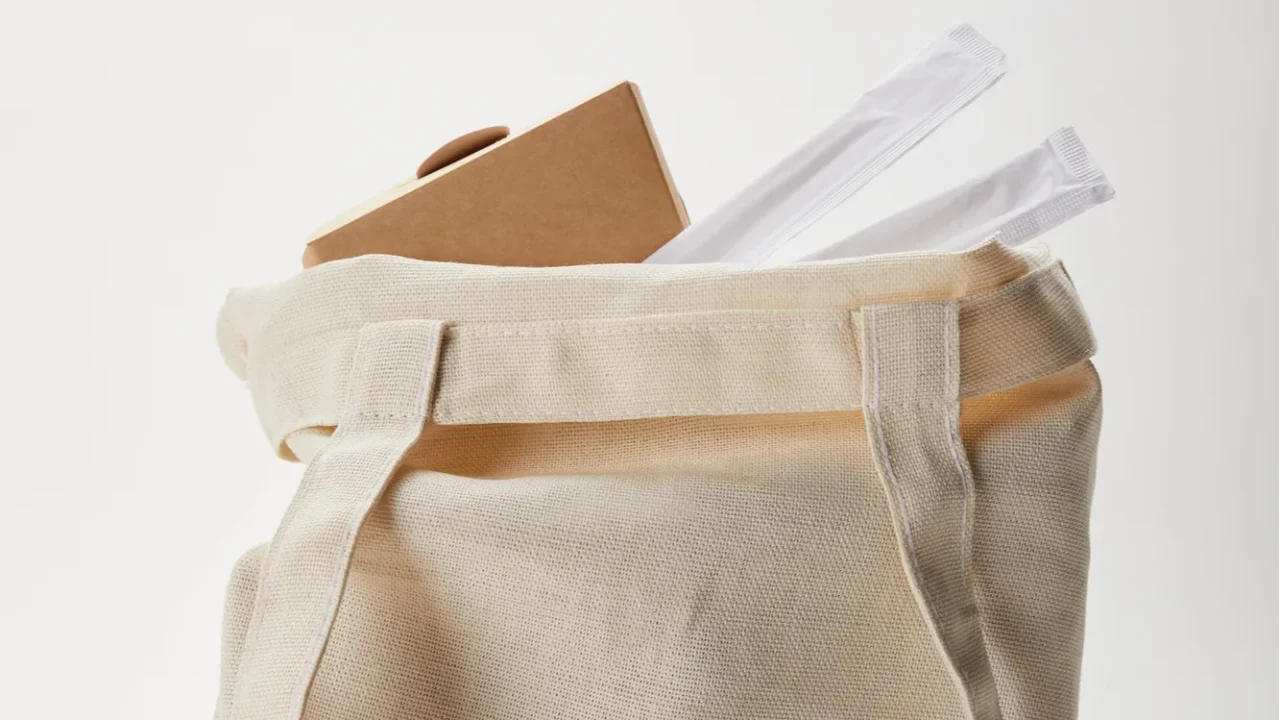
Switch to Reusable Bags
Plastic grocery bags are everywhere, clogging landfills, polluting oceans, and harming wildlife. However, making the switch to reusable bags is one of the easiest eco-friendly changes you can make in your daily life.
Sure, you will pay a few dollars upfront, but these sturdy bags will last you for years to come. Plus, just imagine how many fewer plastic bags will end up in landfills when you make this simple change. It is a small step that makes a big difference.
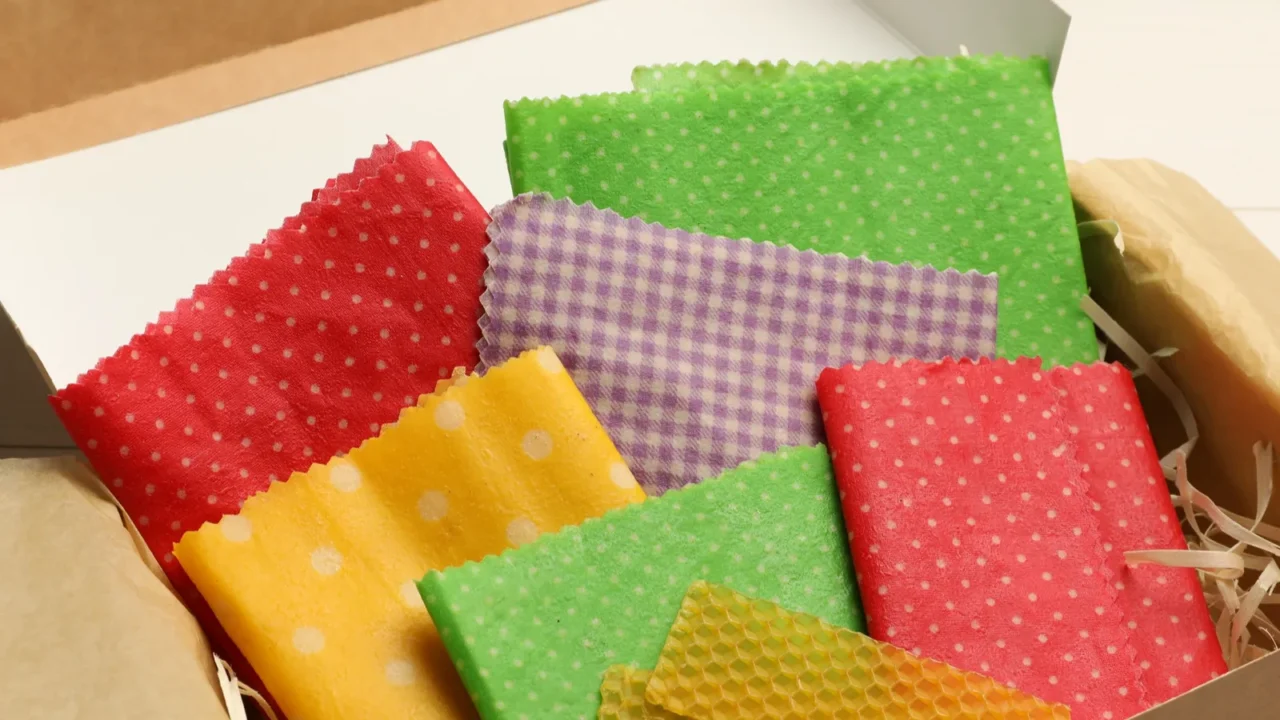
Use Beeswax Wraps
Tired of tossing out cling wrap every time you have leftovers? Meet beeswax wraps, your new zero-waste kitchen superhero. These reusable, biodegradable wonders cling to bowls, wrap sandwiches, and keep produce fresh without any plastic.
Just wash them with cool water and reuse them for months. Additionally, they are naturally antibacterial and come in cute prints. A simple swap that cuts waste and adds charm to your kitchen.
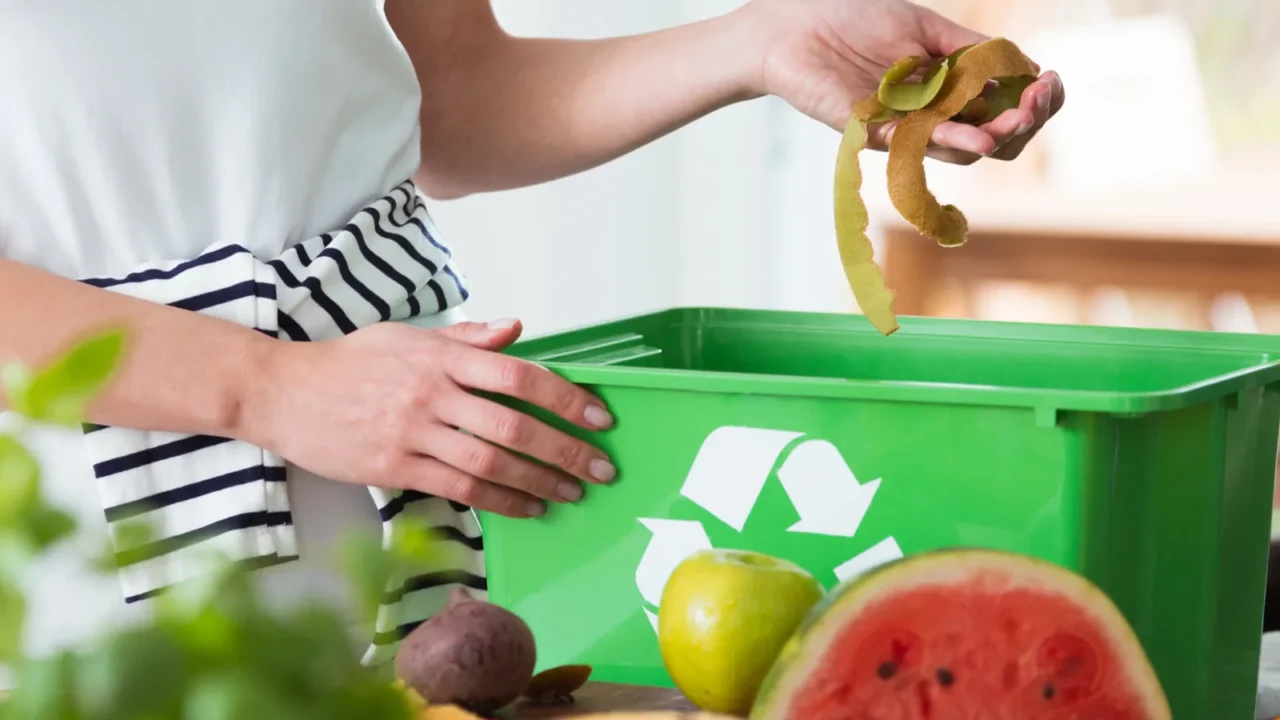
Invest in a Compost Bin
Composting turns everyday organic waste (like food scraps and yard trimmings) into nutrient-rich soil perfect for gardening. By using a compost bin, you can keep this waste out of landfills, reduce harmful greenhouse gas emissions, and nourish your plants naturally.
It’s a simple, sustainable habit that shrinks your carbon footprint while supporting a healthier waste system. Plus, your garden will thank you for it.
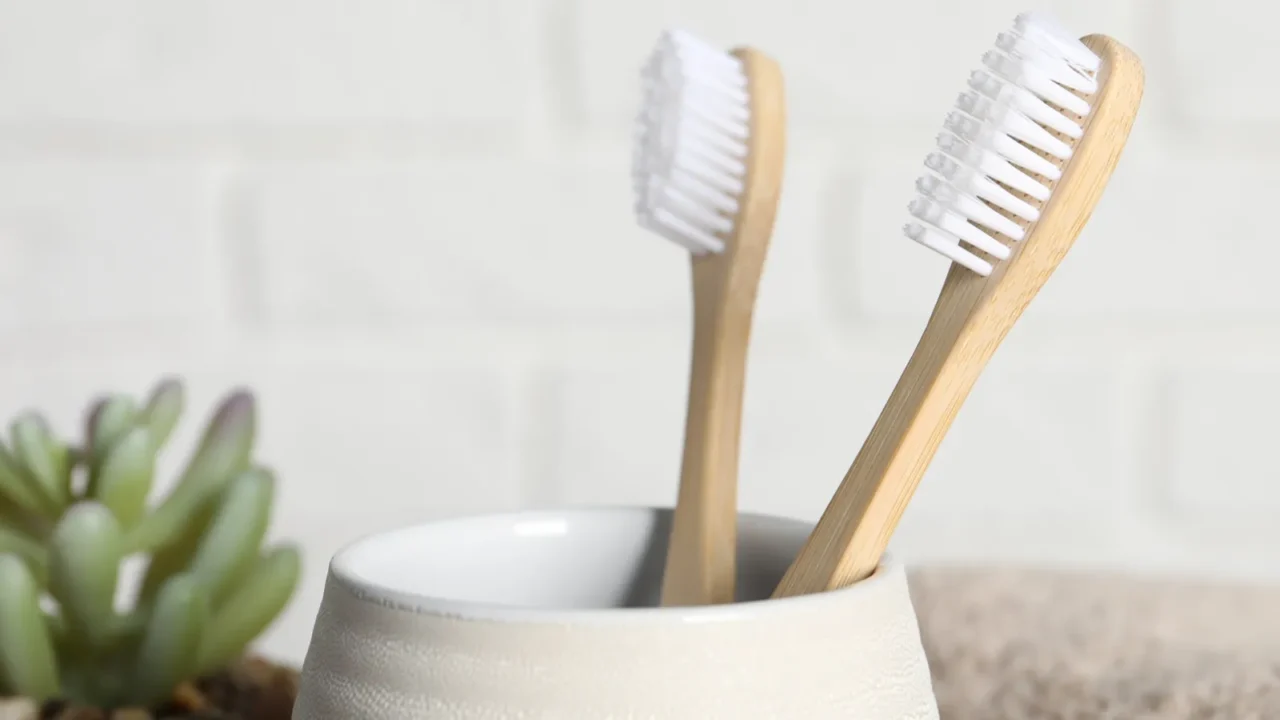
Switch to a Bamboo Toothbrush
Despite being used frequently throughout the day, the toothbrush is one of those common objects that is rarely considered in terms of its environmental impact. Conventional plastic toothbrushes take hundreds of years to decompose, making them one of the most prevalent plastic waste items in landfills.
Making the switch to a bamboo toothbrush is a simple yet effective way to cut down on plastic waste and promote a more sustainable, eco-friendly way of living.
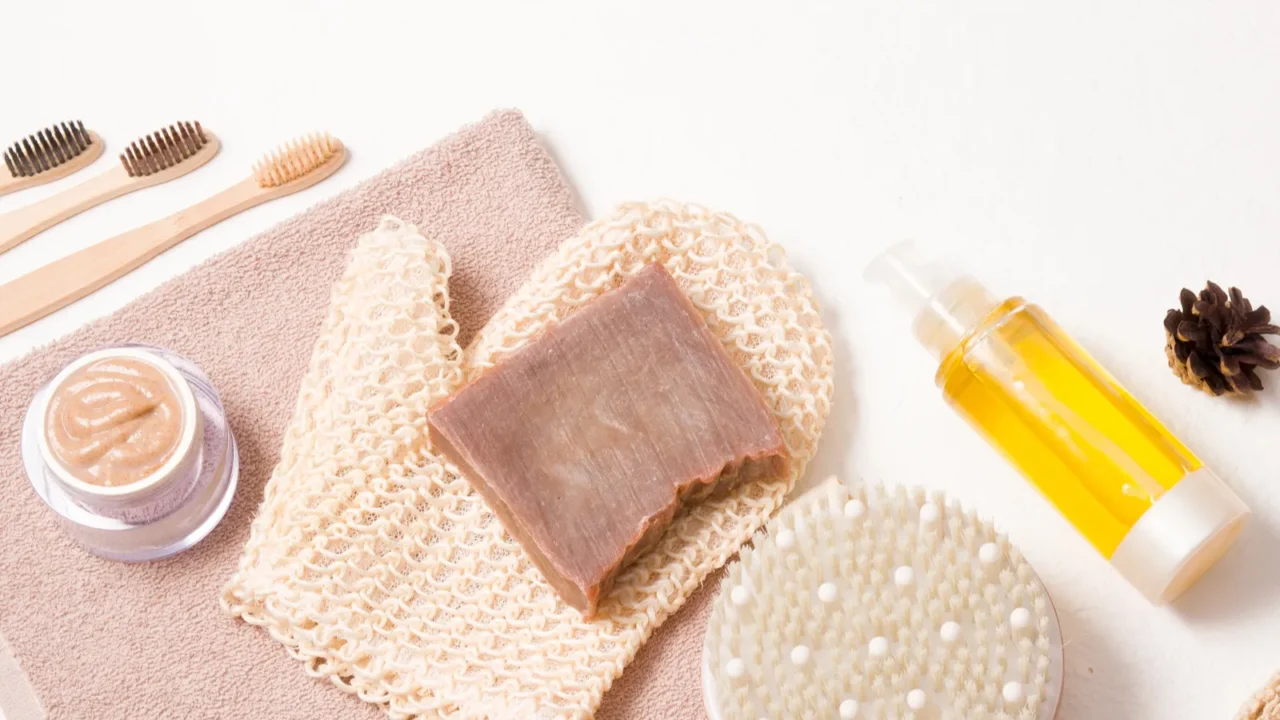
Swap to Bar Soap
A single bar of soap lasts two to three times longer than a bottle of liquid soap, meaning you will save money while reducing plastic waste.
In addition, natural, plant-based ingredients such as shea butter, coconut oil, or olive oil are used to make a lot of bar soaps. Compared to the synthetic chemicals that are frequently found in liquid soaps, these ingredients are more environmentally friendly and are often sourced sustainably and better for your skin.
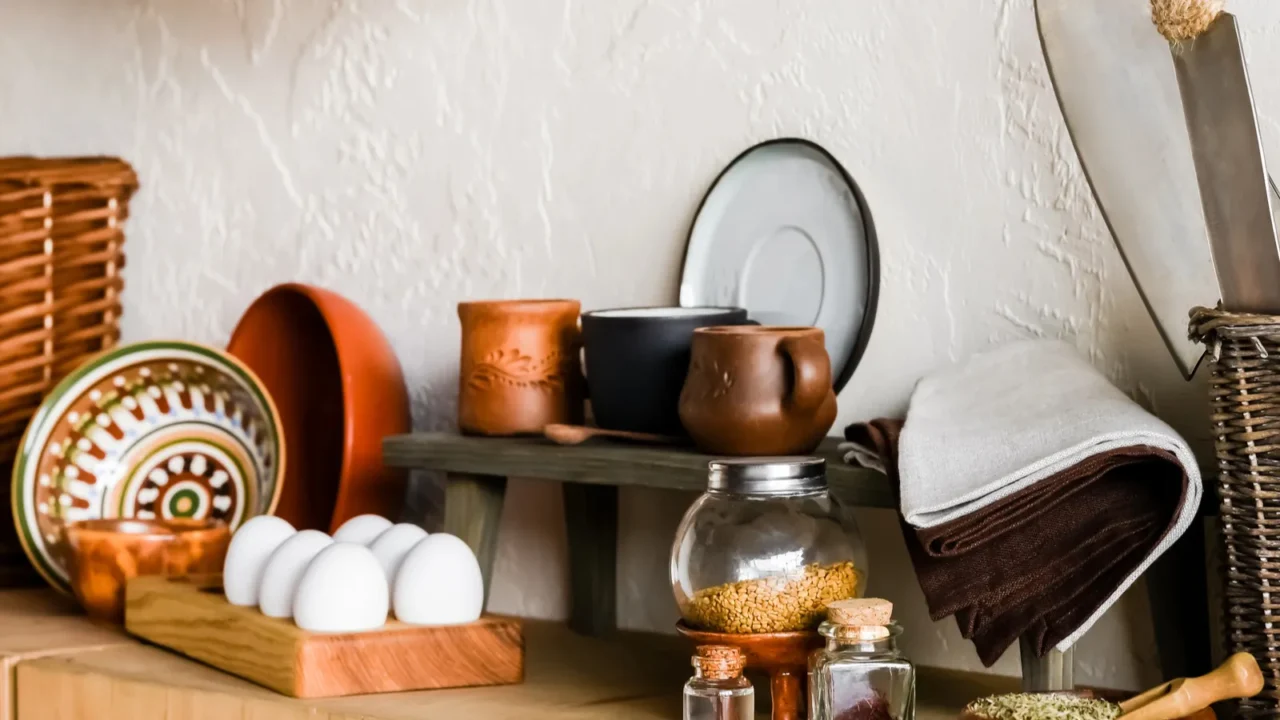
Say no to Plastic Cutlery
Plastic cutlery is inexpensive and practical, but it is frequently used for a short time before being thrown away, adding to the massive waste stream. One of the main causes of plastic pollution is the single-use nature of these products.
Plastic cutlery does not decompose organically in the environment like bamboo, paper, or wood do. Instead, it breaks up into microplastics, which can seep into your food, leading to poisoning, reduced reproduction rates, and even death.
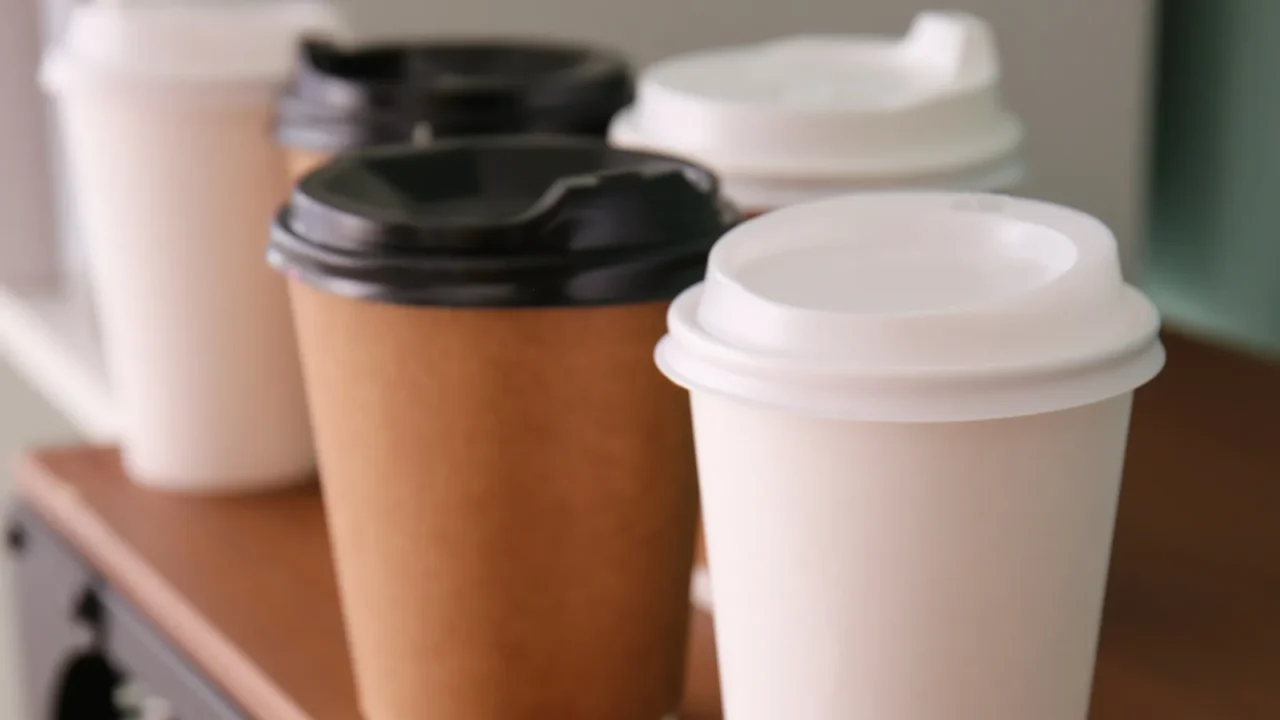
Avoid Single-Use Coffee Cups
The majority of throwaway coffee cups have a plastic lining that prevents them from being recycled. This implies that they cannot be processed properly, even if they are thrown in the recycling bin. Rather, they end up in landfills, where their decomposition may take up to 30 years.
Another factor is the frequent use of plastic in coffee cup lids. Waste is increased because these lids are frequently not recycled correctly. Instead, invest in metallic or glass jars for your beverages.
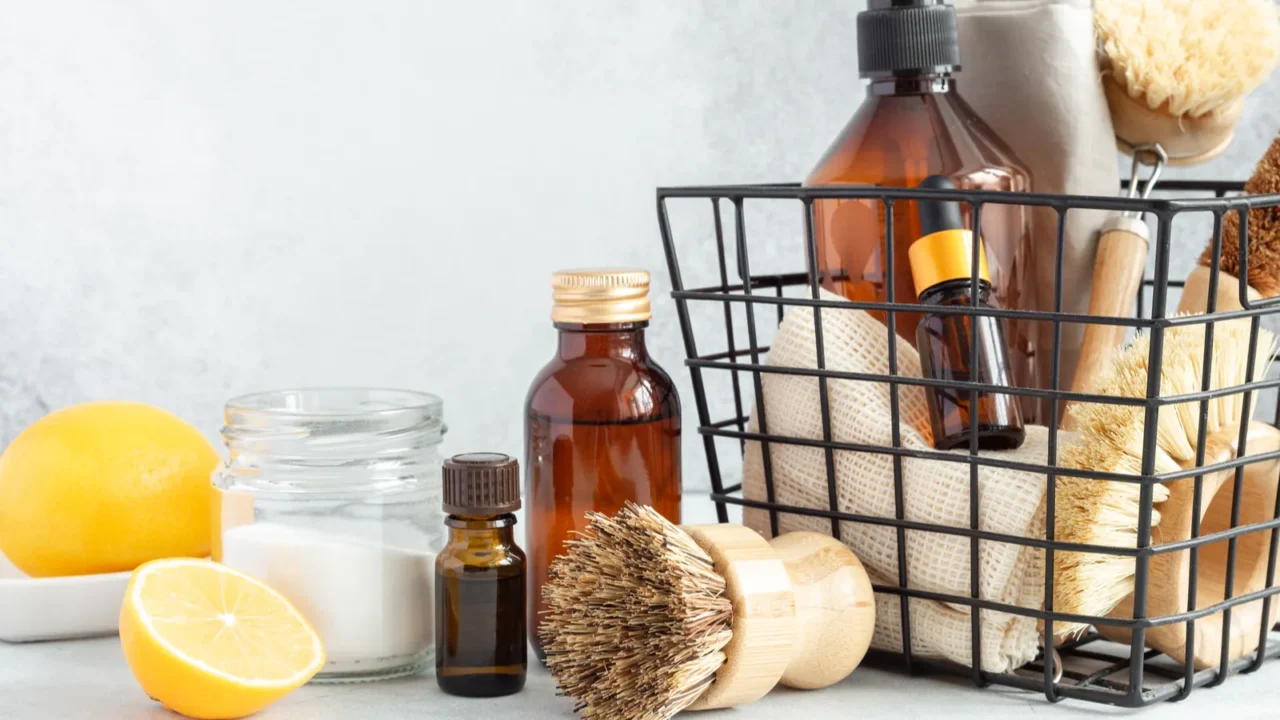
Choose Eco-Friendly Cleaning Products
Traditional cleaning products often contain toxic chemicals like bleach, ammonia, and so on, which can pollute the air and can cause health issues. These same chemicals mixed with water are rinsed down drains, ultimately entering the water system.
Harsh chemicals can contaminate rivers, lakes, and oceans, harming aquatic life and potentially making their way into the food chain. Therefore, choose natural cleaning products like lemon and baking soda. They have also been proven to be more effective in cleaning than store-bought products.
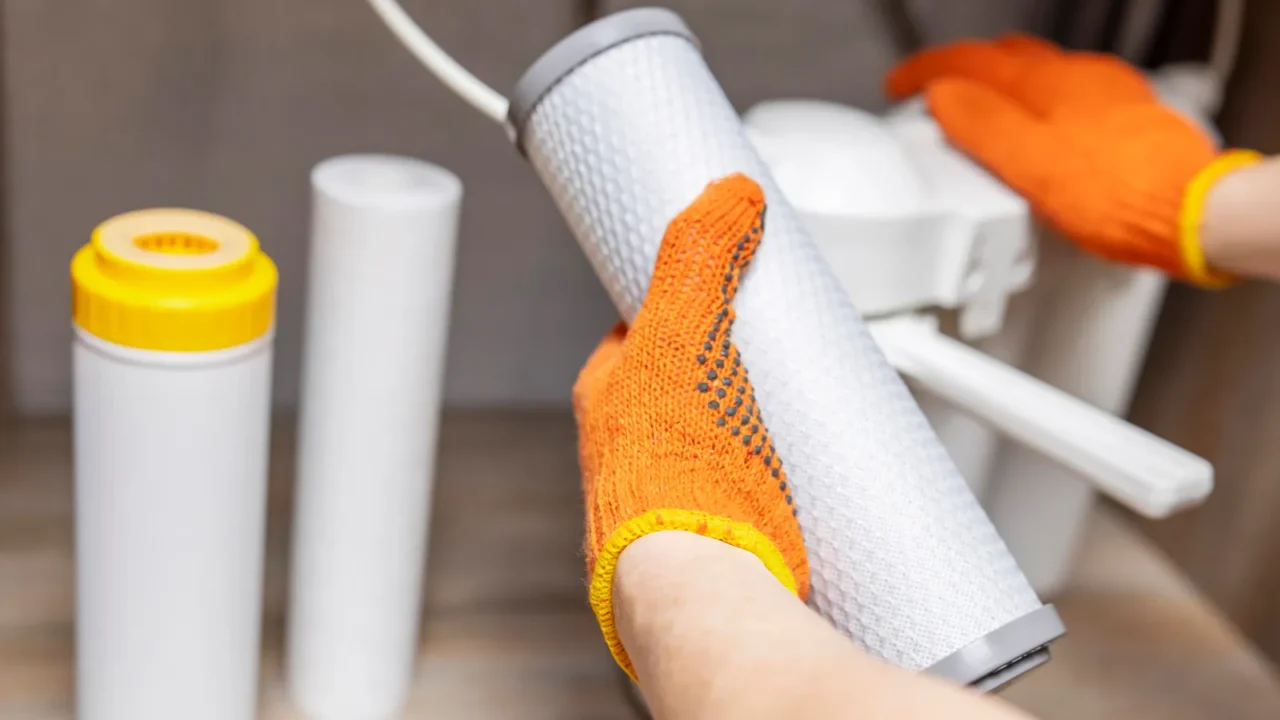
Install a Water Filter
Installing a water filter will save both your money and the planet. Instead of getting stacks of plastic bottles, this one-time investment saves time and cuts down on plastic consumption and waste.
Filtering tap water is more sustainable than using bottled water, which requires energy and resources to produce, transport, and dispose of.
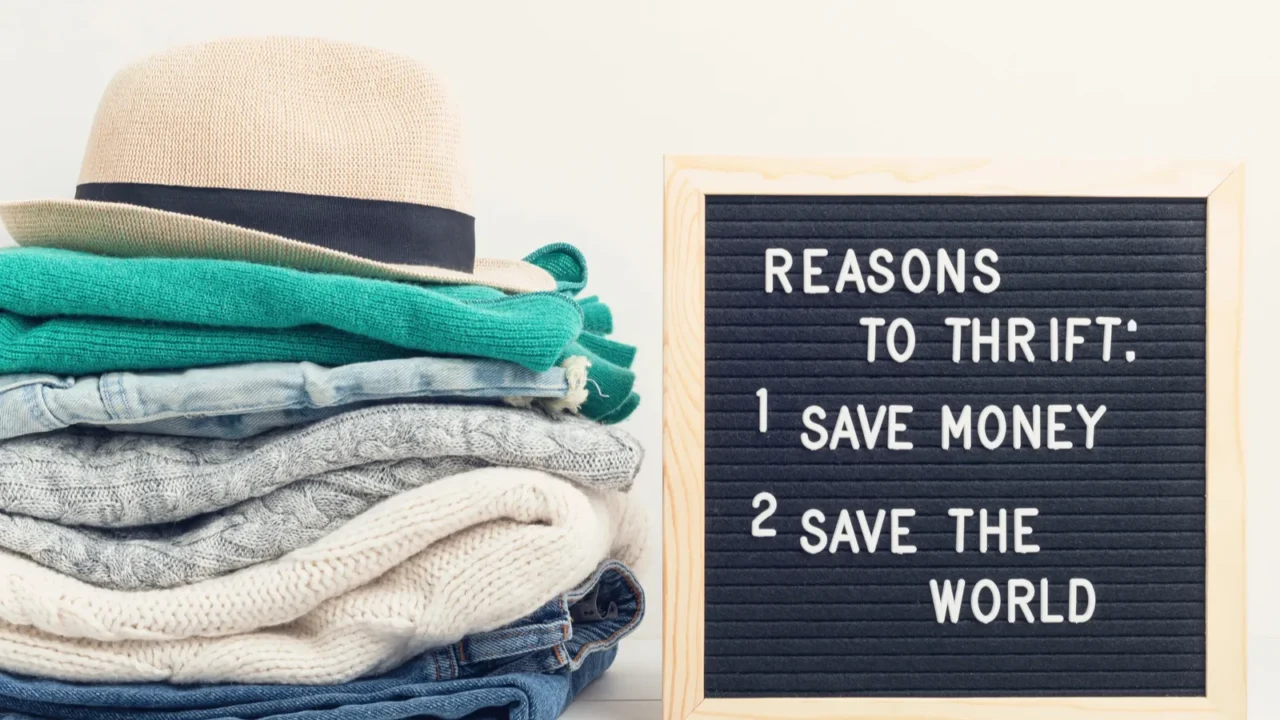
Go Thrifting
Fast fashion and mass production make the fashion industry one of the biggest polluters in the world, contributing to environmental degradation. Purchasing used goods gives them a second chance at life rather than being thrown away.
This lessens the need for new products, which would need more energy, raw materials, and resources, and keeps products out of landfills.

Adopt a Minimalist Approach
You can simplify your life, lessen your impact on the environment, and make healthier choices about how you live, eat, and dispose of things by combining minimalism and zero waste.
A minimalist lifestyle promotes a more sustainable way of living by lowering consumption, which also helps to reduce waste. Less stuff means less waste ends up in waste dumps and less demand for mass production.
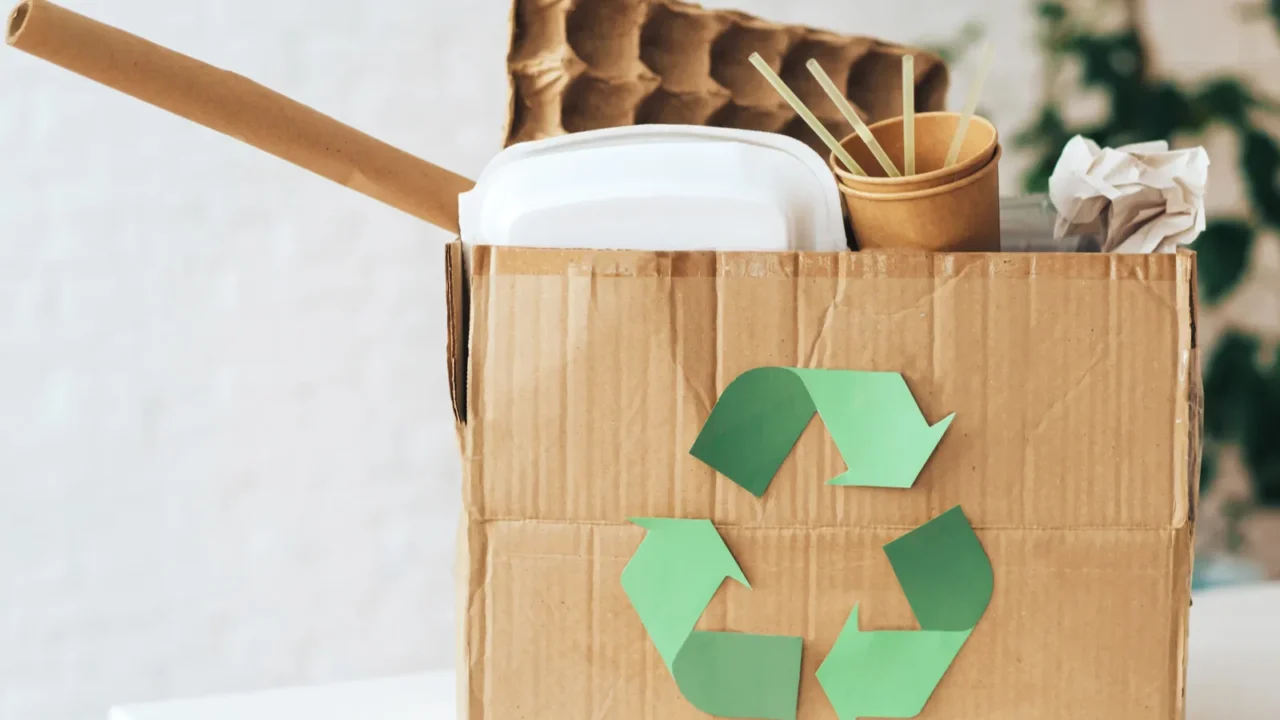
Recycle Properly
I get why recycling can feel overwhelming to some, but with the world heating up every day, we should at least do the bare minimum.
Recycling is a key part of living a zero-waste lifestyle. While it’s impossible to avoid producing some waste as it’s just part of life, you can still make a difference by recycling it, keeping it in the cycle and helping reduce the strain on the planet.
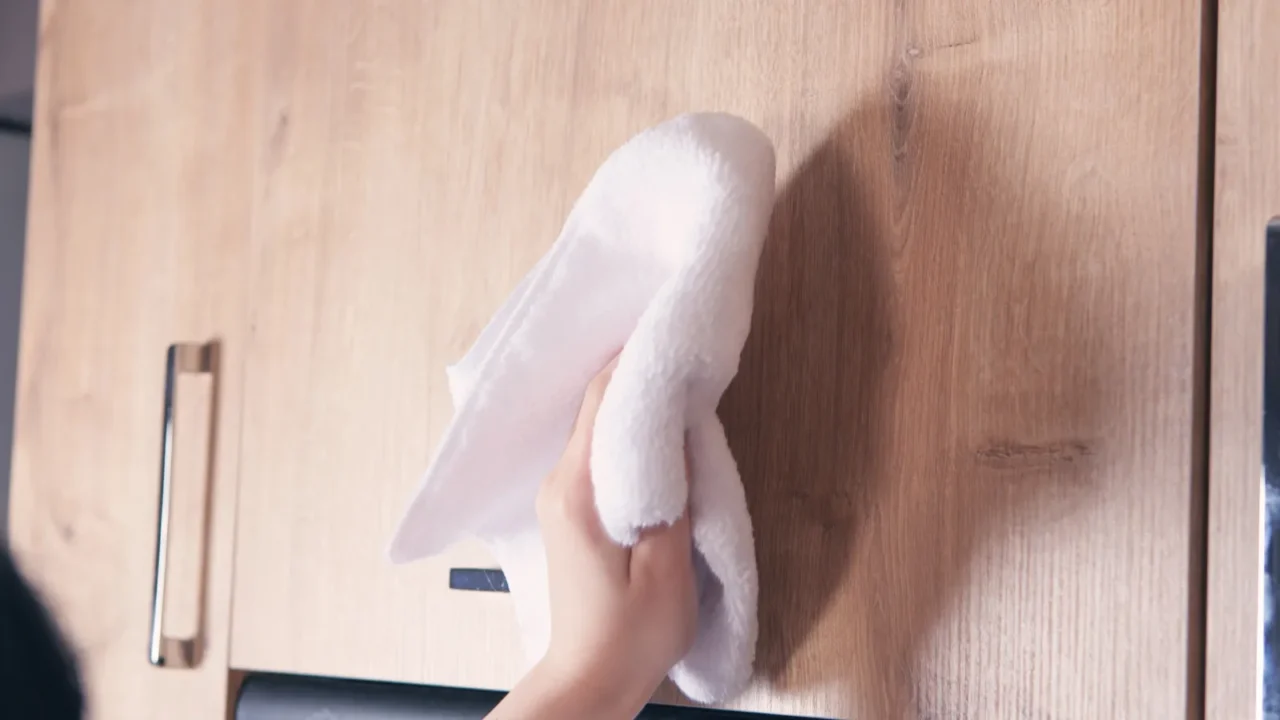
Ditch Paper Towels
Invest in a set of durable, machine-washable cloth towels or rags. They’re perfect for drying dishes, wiping counters, and cleaning up everyday spills, without the waste.
You’ll significantly reduce your paper towel use by simply washing and reusing them. Even better? Repurpose old towels or worn-out t-shirts into cleaning rags. It’s an easy way to give your textiles a second life while keeping them out of the landfill.
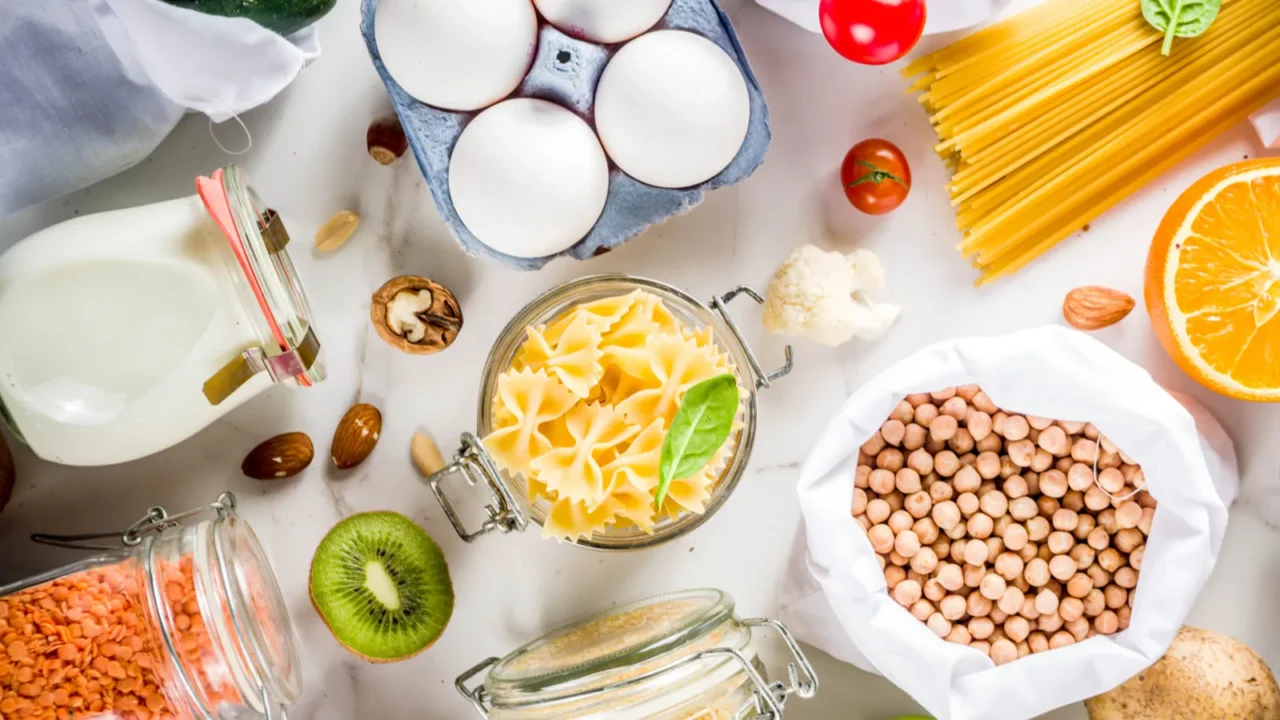
Buy in Bulk
Purchasing in bulk reduces the amount of packaging waste you produce. A lot of products are packaged in single-use plastic containers that wind up in trash cans. Buying in bulk reduces the need for extra packaging, particularly plastic.
Bulk purchases are frequently less expensive per unit. Reducing impulsive purchases and last-minute travel, this saves you time, energy, and money. Looking to save even more? Check out money smart moves every homeowner should know for more tips on how to stretch your budget without sacrificing quality.
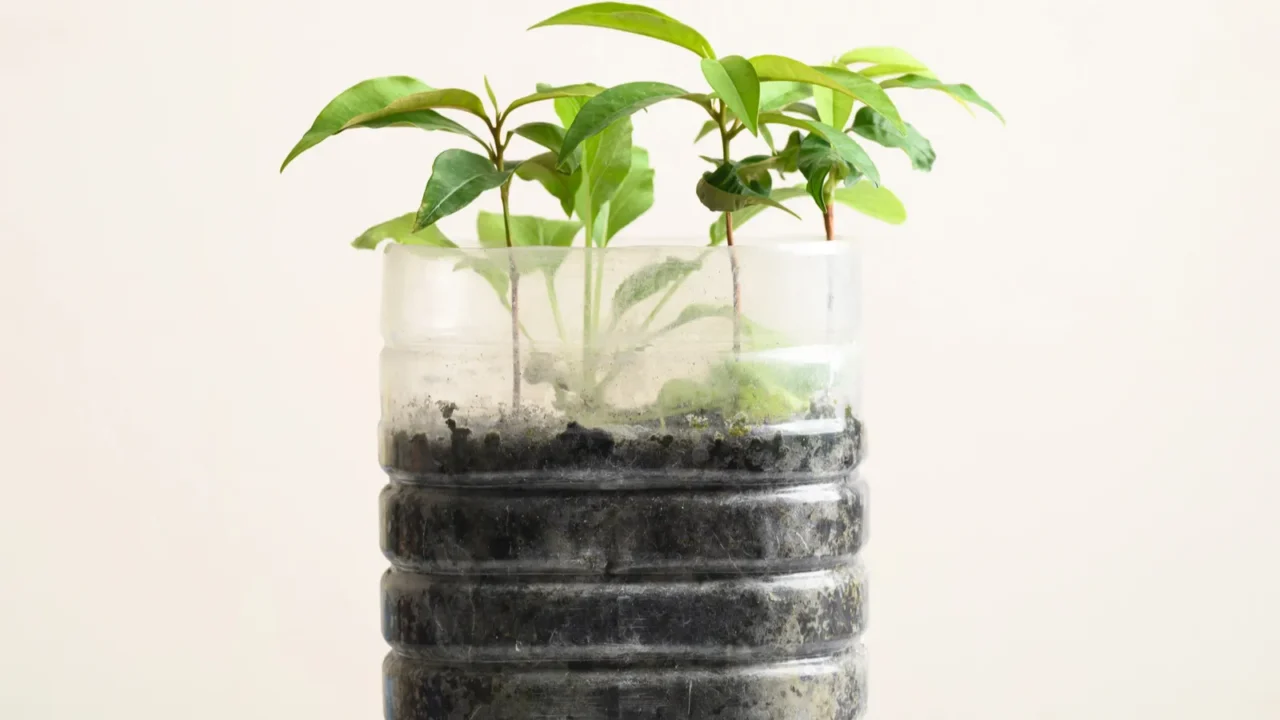
Repurpose Items
As you know, plastic takes a long time to decompose, hence we should try to reuse the plastic we buy. For example, turning a water bottle into tiny planters as shown above.
Less plastic waste equals fewer microplastics in our oceans and soil, which means healthier marine life and thriving ecosystems. Looking for more ways to reuse plastic in your home? Check out 15 ways to use recycled plastic in home decor, and let’s save our planet.
Got a small change that made a big impact in your home? Share your favorite zero-waste habit in the comments, we’d love to hear what’s working for you!
Read More From This Brand:
- My Journey to a Zero-Waste Home Design
- Does Your Home Promote Focus or Distraction?
- Easy Ways to Save Money at Home Today
Don’t forget to follow us for more exclusive content right here on MSN.
This slideshow was made with AI assistance and human editing.